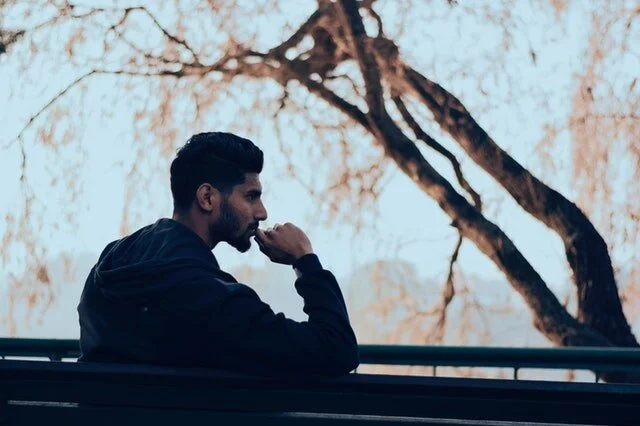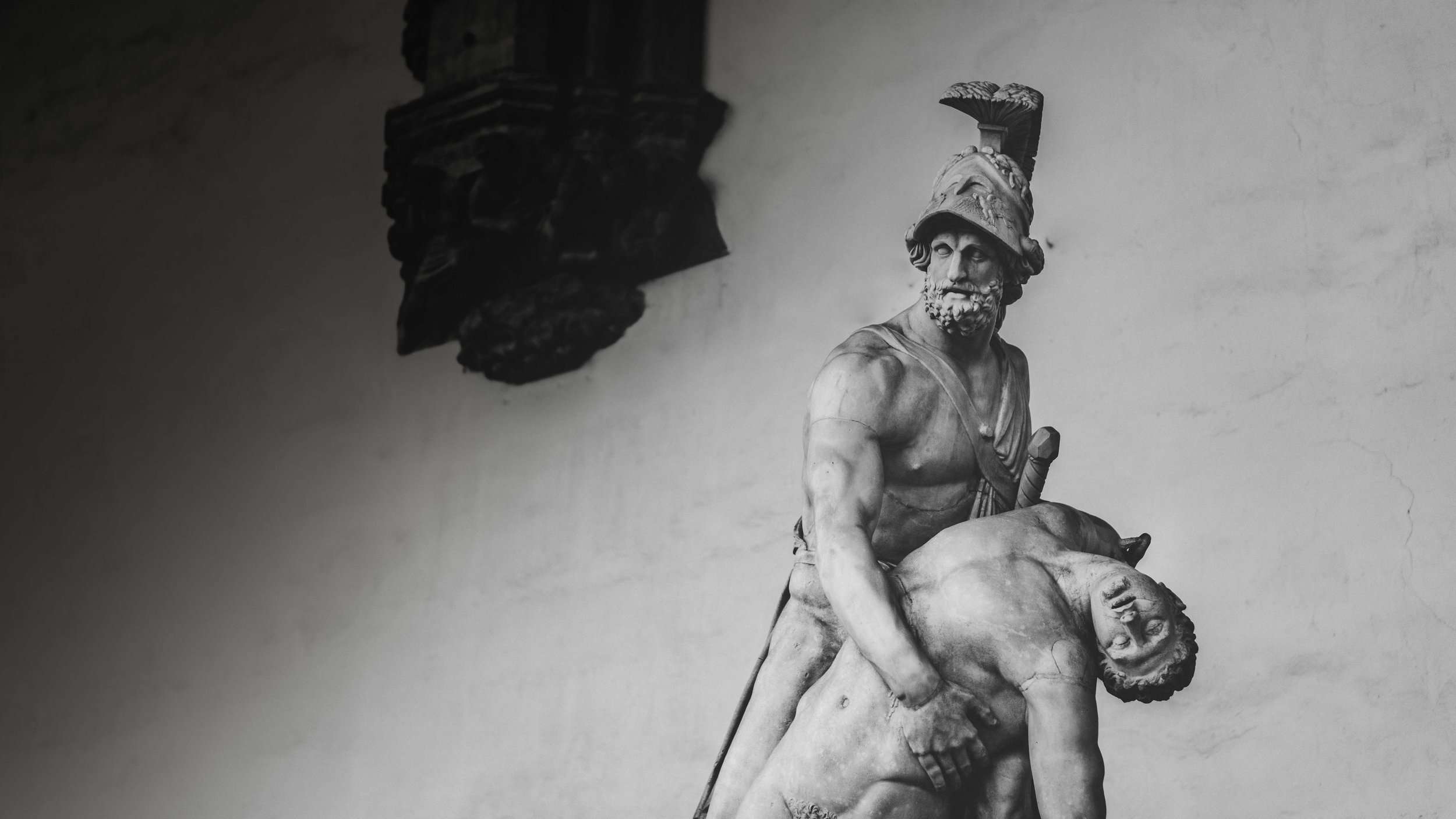Of all the roles men fulfill in society, organizations, and within the family, there is none as vital as fathers. Families are a foundation, a rock bed that can either help you develop into the person you were meant to be, or tares you down, plaguing you with a lifetime of problems that take years to overcome. The world of academia and scholarship has had little to say about fathers for the majority of parental studies done over the years. Today, psychology is seeking to promote an idea that has spread throughout our society: mothers can do it all.
As the family structure and patriarchal constructs have faded into the background in the 20th century, more children are missing the presence of a biological father in their homes. While there is no general, blanket statement that can summarize and account for the particulars of each and every family situation, research as well as anecdotal evidence show what we innately know: fathers matter.
Fathers make a big impact on their kids, for better or for worse. Boys who reported having a good relationship with their biological father, and who also lived with their married parents were far less likely to be incarcerated before the age of 30. Their peers who lacked the influence of their dads were 30% more likely to end up in jail. Teen girls were more likely to get pregnant if they lived in a single mother household. The list goes on and on, listing everything from increased risk of neglect and abuse, to lifelong poverty and poor school performance.
With moms taking on higher education and careers, and succeeding at higher rates than men in today’s world, the role of the father is being increasingly pushed to the back-burner. There are scholars and writers who would seek to completely disregard the importance of the father’s role despite the lack of research to back up these claims. But even Child Protective Services manuals include chapters on the importance of the part that a healthy father can play in helping families and particularly children become more stable.
For too long the father’s role has been limited to that of provider. Dad brings home the bacon and enforces discipline. Fathers do more than that. They offer their sons and daughters their first look at the world of men, often establishing lifelong perspectives whether positive or negative. They provide a framework and goal for their sons to look up to, and give added protection to girls and boys as they navigate the difficult waters of the teenage years. Two parent households offer added income, increasing the scope and opportunity of children’s worlds while offering increased stability and decreasing the risk of childhood poverty and homelessness.
The only area where children were significantly worse off when living with a biological father than with a single mother was in the case that the child reported a very bad relationship with their father, in which case their risk for issues like drug addiction, teenage pregnancy and incarceration were even higher. That fact only strengthens the powerful influence dads have over children.
One of the most stringent problems facing this generation and this country is the number of absent fathers. Today one out of every three children grow up without their biological father. Obviously the data gives the big picture, painting broad strokes to identify an infinitely complex problem littered with a wide range of variables that contribute to the problems and challenges faced by each family and child in America. But to suggest that mothers can do it all, without the support of another parent, and importantly without the help of the co-parent who is biologically responsible to raise his children is dead wrong.
America’s crisis of masculinity is seen in a wide variety of settings and scenes, but none so poignant or dire as the condition of many of our nation’s children. Our kids need fathers, and they need them to be good. Children need attention from their fathers, affection, guidance and encouragement in academics, and protection from outside influences that can lead children and teens down difficult and dark paths. In the world of philosophy, art and academia, we need to tell fathers how valuable they truly are.
What can you do today to tell a father figure in your life what they mean to you? Share your ideas and thoughts in the comments below if you have a chance!
Shaina
Sources









